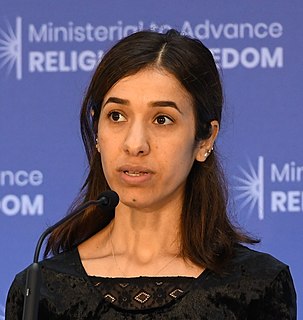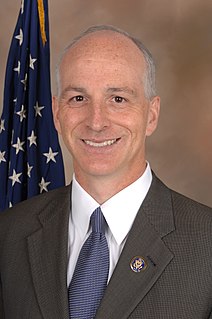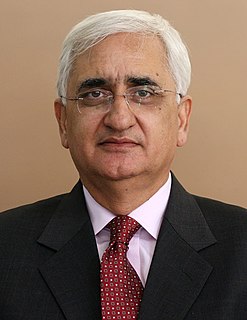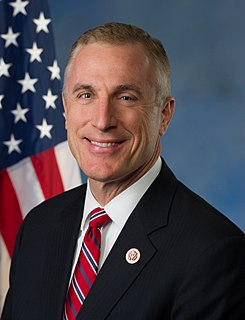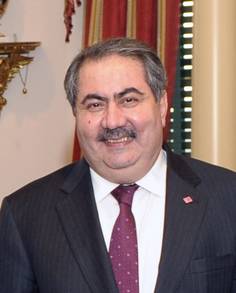A Quote by Nadia Murad
There should be no place for terrorism and extremist ideas in post-ISIS Iraq. We must join forces in building our country; we must contribute together to achieve security, stability, and prosperity for the benefit of all Iraqis.
Related Quotes
It is important to understand that there are two separate battles taking place in Iraq: there is the political rift between the Sunnis, Shia and the Kurds and there is a foreign extremist group - ISIS - trying to take advantage of the political environment through violence. If the Iraqis can resolve their political differences, it will be far more difficult for ISIS to thrive. Moving forward, we should continue to evaluate additional steps to help combat ISIS as we see what the Iraqis are willing to do politically, but we must also firmly guard against mission creep.
There has been a good deal of comment — some of it quite outlandish — about what our postwar requirements might be in Iraq. Some of the higher end predictions we have been hearing recently, such as the notion that it will take several hundred thousand U.S. troops to provide stability in post- Iraq, are wildly off the mark. It is hard to conceive that it would take more forces to provide stability in post-Saddam Iraq than it would take to conduct the war itself and to secure the surrender of Saddam's security forces and his army — hard to imagine.
We must not be afraid to define our enemy. It is Islamic extremist terrorism. I did not say all of Islam. I said Islamic extremist terrorism. Failing to identify them properly maligns decent Muslims around the world. It also sets up a fear of being politically incorrect that can have serious consequences. And it has.
And we remember the end of our combat mission and the emergence of a new dawn - the precision of our efforts against al Qaeda in Iraq, the professionalism of the training of Iraqi security forces, and the steady drawdown of our forces. In handing over responsibility to the Iraqis, you preserved the gains of the last four years and made this day possible.
India considers Saudi Arabia a center of stability in the region. The security and stability of the Gulf region and that of the Indian subcontinent are interlinked. Bilateral security cooperation between India and Saudi Arabia will contribute to regional stability and in addressing the common threat of terrorism in the region.
